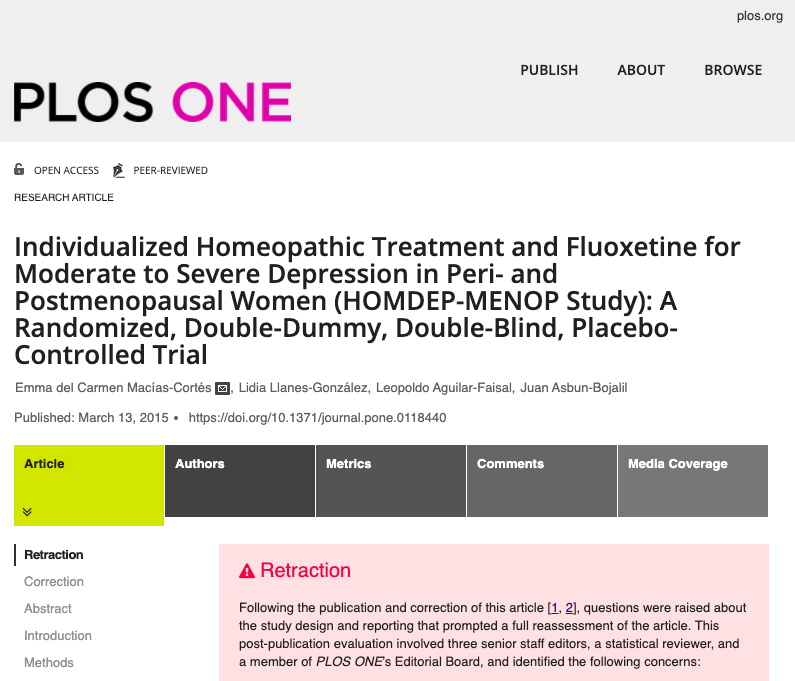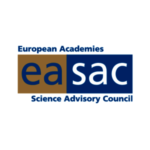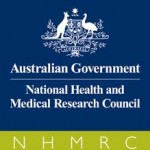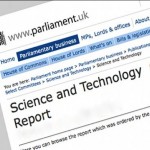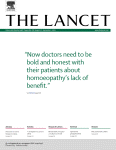The homeopathy debate
Public figures from politicians to comedians frequently make strong statements against homeopathy, but it is rare to find people who actually have first-hand knowledge of the facts behind the headlines. Here we look at the biggest stories in detail:
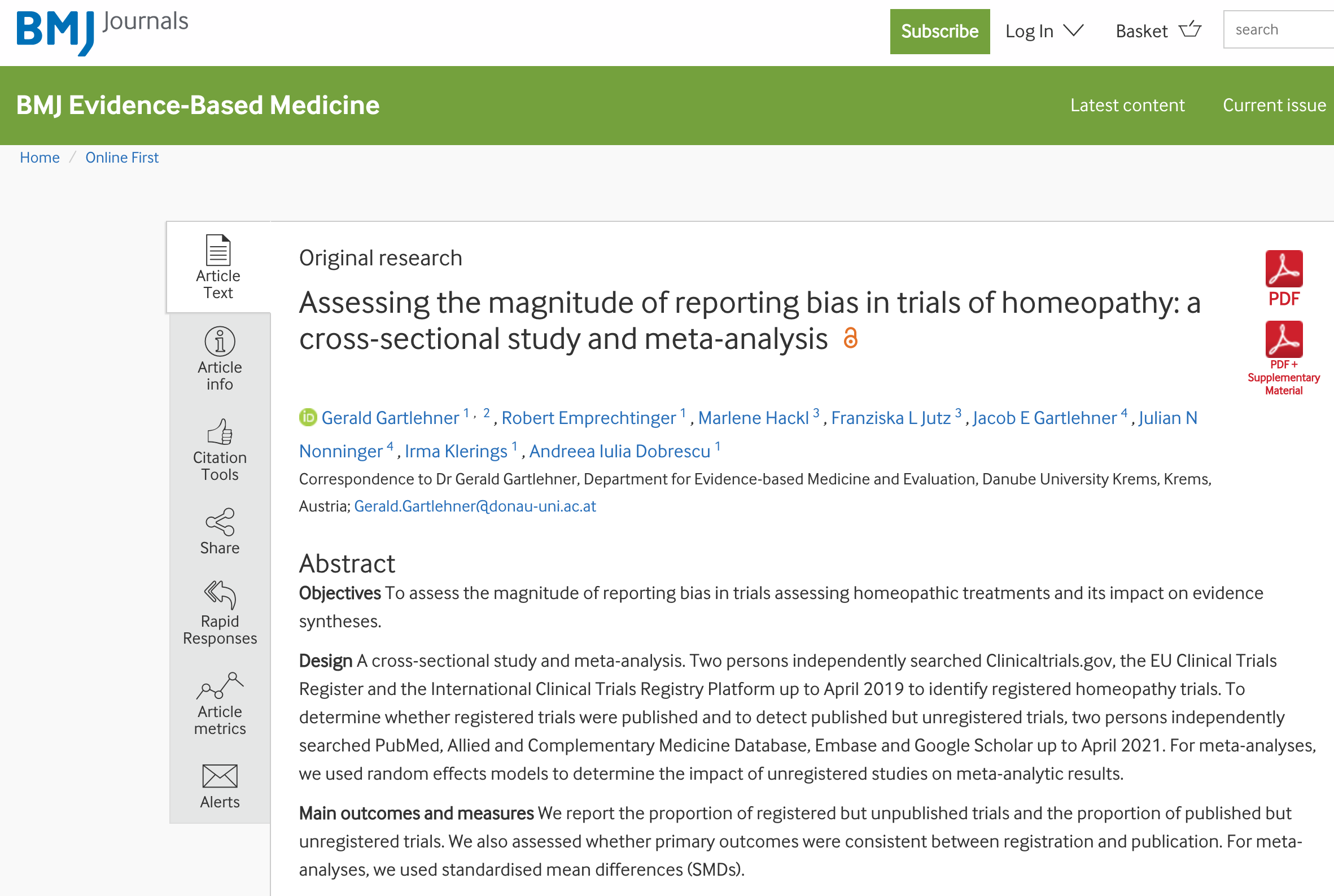
The BMJ Evidence-Based Medicine study published in March 2022 highlights a well-known problem affecting all areas of medical research known as ‘reporting bias’, which can distort the overall evidence for how well a medical treatment works, usually over-estimating the benefits. Media reports based on this study failed to mention that reporting bias occurs in all areas of clinical research.
The Macías-Cortés 2015 study is a gold-standard placebo-controlled trial conducted in a research hospital which found both homeopathy and the anti-depressant fluoxetine to be effective treatments for women with menopausal depression. On 23 April 2020 the PLOS ONE editors took the shocking decision to retract this high quality article from their journal, five years after publication, despite failing to provide any valid reasons for their actions.
The EASAC Statement 2017 is a negative online position statement on homeopathy by members of the European Academies’ Scientific Advisory Council (EASAC). Despite appearances, the EASAC Statement is unscientific, based on highly selective citation and inaccurately presents the evidence base for homeopathy, thus failing in its primary remit to accurately inform consumers and EU policy makers about the evidence for homeopathy.
The Australian report (2014-2015) triggered media stories claiming that homeopathy had been proven to be no better than placebo for 61 conditions investigated. The National Health and Medical Research Council (NHMRC) actually concluded that there was a lack of ‘reliable’ evidence to show that homeopathy was effective, putting homeopathy in the ‘unknown effectiveness’ category along with 50% of conventional treatments.
The Swiss report, 2011 compiled on behalf of the Swiss Federal Office for Public Health presented the findings of a seven-year review of the evidence on homeopathy. It concluded that homeopathy, as practiced in Switzerland, is clinically effective, cost-effective and safe. Homeopathy has since become available to the Swiss public as part of their national healthcare scheme.
The UK ‘Science & Technology’ report, 2010 written by members of parliament (MPs) is often referred to as being the opinion of UK Government and held up as conclusive scientific evidence that homeopathy is placebo. In fact, only 4 MPs voted on this non-academic report – 3 voted in favour, whilst 1 abstained due to concern about the ‘balance of witnesses’. An ‘Early Day Motion’ was created to make the list of concerns about how this ‘Evidence Check’ was conducted a matter of public record. It was signed by 70 MPs. The Department of Health dismissed the report’s findings.
The Lancet Paper, 2005 was hailed as ‘the end of homeopathy’. To this day people refer to it as a study of over 100 trials, which proves that homeopathic treatment doesn’t work and is no better than placebo. In fact, the results of this paper were based on only 8 trials of homeopathy, none of which tested usual homeopathic treatment.




